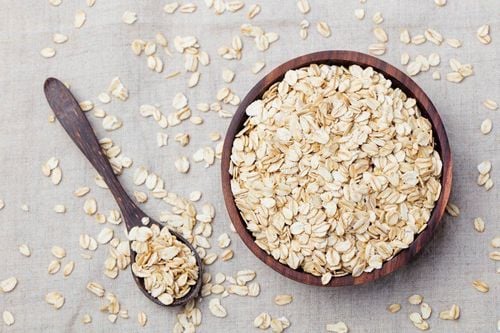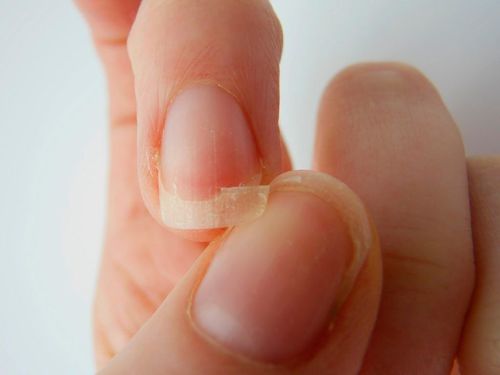In the process of supplementing micronutrients for the body, there are components that support each other for better absorption, but there are also components that conflict if taken simultaneously. Taking iron and zinc together is a significant mistake you should avoid when supplementing micronutrients.
1. How much zinc does the body need?
Zinc is a micronutrient involved in nearly all metabolic activities in the body, such as hormone production (especially male hormones), enzyme production, supporting the immune system, wound healing, muscle development, etc. Zinc is particularly important for fetal and child development and for maintaining the health of adults.
According to nutrition experts, the daily zinc requirements vary by age as follows:
- Infants 0–6 months: 2mg/day;
- Infants 7–12 months: 3mg/day;
- Children 1–3 years: 3mg/day;
- Children 4–8 years: 5mg/day;
- Children 9–13 years: 8mg/day;
- Adolescents 14–18 years: 11 mg/day for males, 9mg/day for females;
- Adults over 19 years: 11 mg/day for males, 8mg/day for females;
- Pregnant women: 11–12mg/day;
- Breastfeeding women: 12–13mg/day.
Everyone should supplement zinc properly from sources such as:
- Foods: Oysters, shrimp, crab, abalone, and other seafood are the richest sources of zinc. They are followed by red meat, beans, poultry, nuts, dairy products, and whole grains.
- Zinc tablets or liquid zinc supplements: Recommended for pregnant women, children in growth and puberty stages, adults recovering from prolonged illnesses, athletes, etc.
2. Note: Do not take iron and zinc at the same time
Zinc is an essential trace mineral for the body, participating in the metabolism of glucides, proteins, and nucleic acids. Zinc deficiency in children can result in stunted growth and increased vulnerability to pathogens (due to weakened immunity).
Iron is a vital nutrient necessary for maintaining a healthy immune system, muscle development, and cellular growth. Iron deficiency can lead to anemia, weakness, fatigue, decreased concentration, headaches, hair loss, and brittle nails.
Both zinc and iron are crucial for the body, but experts recommend not taking them together. It is best to take zinc and iron 2–4 hours apart, taking zinc first and iron later. Iron interferes with zinc absorption, so if taken close together or if iron is taken before zinc, the effectiveness of zinc will be significantly reduced.

3. Additional considerations when supplementing zinc
The timing of zinc supplementation, such as whether to take it in the morning or evening, is crucial. Below are some important tips for zinc supplementation:
- Avoid excess zinc intake because over-supplementing zinc can reduce immunity, alter taste, and cause symptoms like vomiting, diarrhea, and abdominal cramps. Therefore, do not exceed 150 mg of zinc per day.
- Combine zinc with vitamin A, B6, C, and phosphorus. These nutrients enhance zinc absorption.
- As is the case with iron, avoid taking zinc with calcium, magnesium, or copper. Take zinc 2–3 hours apart from these minerals as they reduce zinc absorption in the intestines.
- Do not take zinc with tetracycline or ciprofloxacin antibiotics. These also inhibit zinc absorption.
- Avoid taking zinc on an empty stomach. This can cause digestive upset. It is better to take zinc one hour before lunch or dinner or two hours after breakfast, lunch, or dinner. Those with stomach issues should take zinc during meals.
- Phytates, a substance that can hinder zinc absorption. Phytates is found in rice bran, whole grains, high-fiber foods, and foods containing phosphorus (milk, poultry). Avoid these foods close to the time of zinc intake.
Follow a proper micronutrient schedule: Take iron 15–30 minutes before breakfast (on an empty stomach). Two hours after breakfast, take calcium and magnesium. One to two hours after lunch, take zinc and vitamin C. Avoid taking vitamin C after 5:00 PM, as it may cause sleep disturbances.
Taking iron and zinc together is a mistake you should avoid. If you're unsure whether your supplements interact, consult a doctor.













